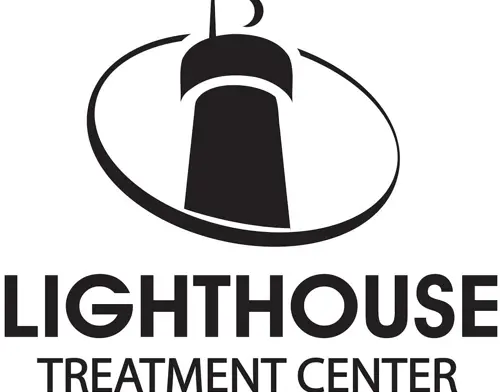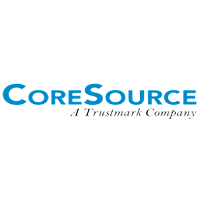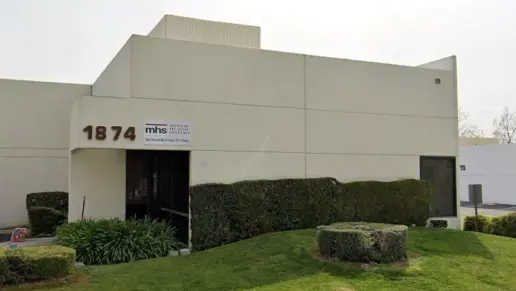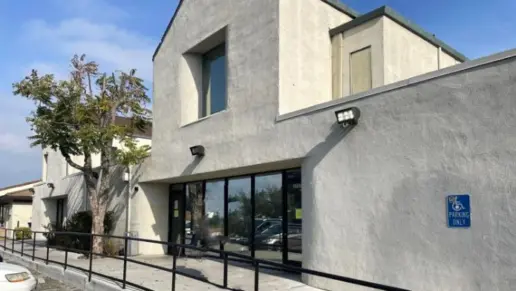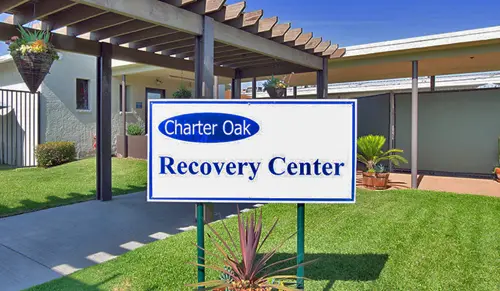About Anaheim Lighthouse
Anaheim Lighthouse is an alcohol and drug rehab facility in Anaheim, California. Services available to clients are detox, outpatient treatment, residential treatment and dual diagnosis treatment. They strive to give clients an environment that feels like home and makes the clients feel hopeful and accepted. The members of the staff have also gone through addiction recovery and are able to use their experience to provide genuine empathy and understanding. Anaheim Lighthouse is accredited by the Commission on Accreditation of Residential Facilities and licensed by the California Department of Healthcare Services. The facility is located on a quiet residential street and features amenities such as high end modern kitchens and meditation gardens.
One thing I like about Anaheim Lighthouse is the holistic approach to drug treatment they offer for clients. Some of the therapies that are included in this approach are nutritious meals, physical exercise and outlets for socialization and creativity. Through these therapeutic approaches, clients can heal from the impact that drugs have had on them mentally, emotionally and spiritually. In residential inpatient treatment, patients will learn to build new habits and new attitudes and rebuild their life skills. They’ll receive education on addiction in a supportive and structured environment.
Another unique program they offer at Anaheim Lighthouse is the veterans program. They tailor addiction treatment and support to the needs that veterans have. Veteran patients also have the opportunity to work with staff members who are also veterans. Some of the therapeutic approaches that are provided include gender specific trauma treatment and art and music therapy. The program is open to both veterans and active duty military personnel.
Latest Reviews
Rehab Score
Gallery


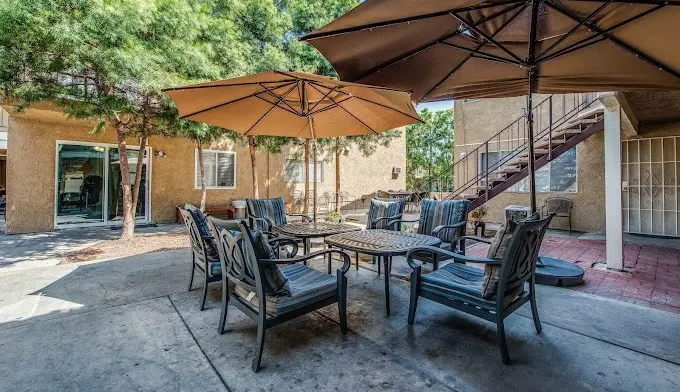


Location
Accepted Insurance
Other Forms of Payment
Private insurance refers to any kind of healthcare coverage that isn't from the state or federal government. This includes individual and family plans offered by an employer or purchased from the Insurance Marketplace. Every plan will have different requirements and out of pocket costs so be sure to get the full details before you start treatment.
Self-pay involves paying for treatment out of your own pocket. You can use savings or credit, get a personal loan, or receive help from family and friends to fund your treatment. If you don't have insurance or your insurance plan doesn't cover a specific program, self-pay can help ensure you still get the care you need.
Financial aid can take many forms. Centers may have grants or scholarships available to clients who meet eligibility requirements. Programs that receive SAMHSA grants may have financial aid available for those who need treatment as well. Grants and scholarships can help you pai for treatment without having to repay.
Addiction Treatments
Levels of Care
Treatments
The goal of treatment for alcoholism is abstinence. Those with poor social support, poor motivation, or psychiatric disorders tend to relapse within a few years of treatment. For these people, success is measured by longer periods of abstinence, reduced use of alcohol, better health, and improved social functioning. Recovery and Maintenance are usually based on 12 step programs and AA meetings.
Drug rehab in California teaches participants constructive ways to stay clean and sober. Treatment revolves around helping individuals stop using the substance they are addicted to and learn healthy habits to avoid relapse.
Many of those suffering from addiction also suffer from mental or emotional illnesses like schizophrenia, bipolar disorder, depression, or anxiety disorders. Rehab and other substance abuse facilities treating those with a dual diagnosis or co-occurring disorder administer psychiatric treatment to address the person's mental health issue in addition to drug and alcohol rehabilitation.
A combined mental health and substance abuse rehab has the staff and resources available to handle individuals with both mental health and substance abuse issues. It can be challenging to determine where a specific symptom stems from (a mental health issue or an issue related to substance abuse), so mental health and substance abuse professionals are helpful in detangling symptoms and keeping treatment on track.
Opioid rehabs specialize in supporting those recovering from opioid addiction. They treat those suffering from addiction to illegal opioids like heroin, as well as prescription drugs like oxycodone. These centers typically combine both physical as well as mental and emotional support to help stop addiction. Physical support often includes medical detox and subsequent medical support (including medication), and mental support includes in-depth therapy to address the underlying causes of addiction.
Programs



Clinical Services
Addiction is a powerful and lonely trauma to suffer alone. It is physically and emotionally draining on family, friends, business associates and yourself. The best solution is seeking addiction treatment at the right drug rehab center with the right addiction treatment services. Anaheim Lighthouse offers top quality services for addicts and their families at their Southern California drug and alcohol rehab. Anaheim Lighthouse is located in a clean, safe, stable, loving, and caring environment overseen by highly trained professionals.
Group therapy is any therapeutic work that happens in a group (not one-on-one). There are a number of different group therapy modalities, including support groups, experiential therapy, psycho-education, and more. Group therapy involves treatment as well as processing interaction between group members.
In individual therapy, a patient meets one-on-one with a trained psychologist or counselor. Therapy is a pivotal part of effective substance abuse treatment, as it often covers root causes of addiction, including challenges faced by the patient in their social, family, and work/school life.
Trauma therapy addresses traumatic incidents from a client's past that are likely affecting their present-day experience. Trauma is often one of the primary triggers and potential causes of addiction, and can stem from child sexual abuse, domestic violence, having a parent with a mental illness, losing one or both parents at a young age, teenage or adult sexual assault, or any number of other factors. The purpose of trauma therapy is to allow a patient to process trauma and move through and past it, with the help of trained and compassionate mental health professionals.
Amenities
-
Private Setting
-
Yoga Studio
-
Private Rooms
Accreditations

The Commission on Accreditation of Rehabilitation Facilities (CARF) is a non-profit organization that specifically accredits rehab organizations. Founded in 1966, CARF's, mission is to help service providers like rehab facilities maintain high standards of care.
CARF Accreditation: Yes

State Licenses are permits issued by government agencies that allow rehab organizations to conduct business legally within a certain geographical area. Typically, the kind of program a rehab facility offers, along with its physical location, determines which licenses are required to operate legally.
State License: California
Contact Information
1320 West Pearl Street
Anaheim, CA 92801
